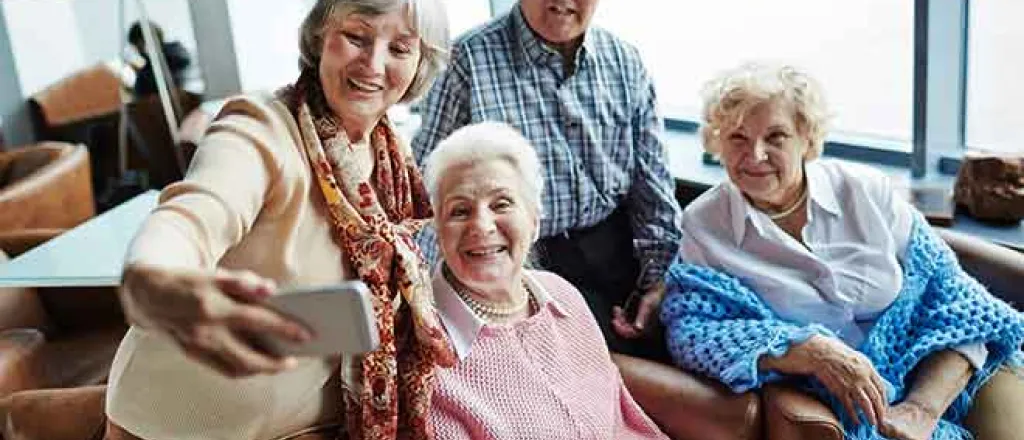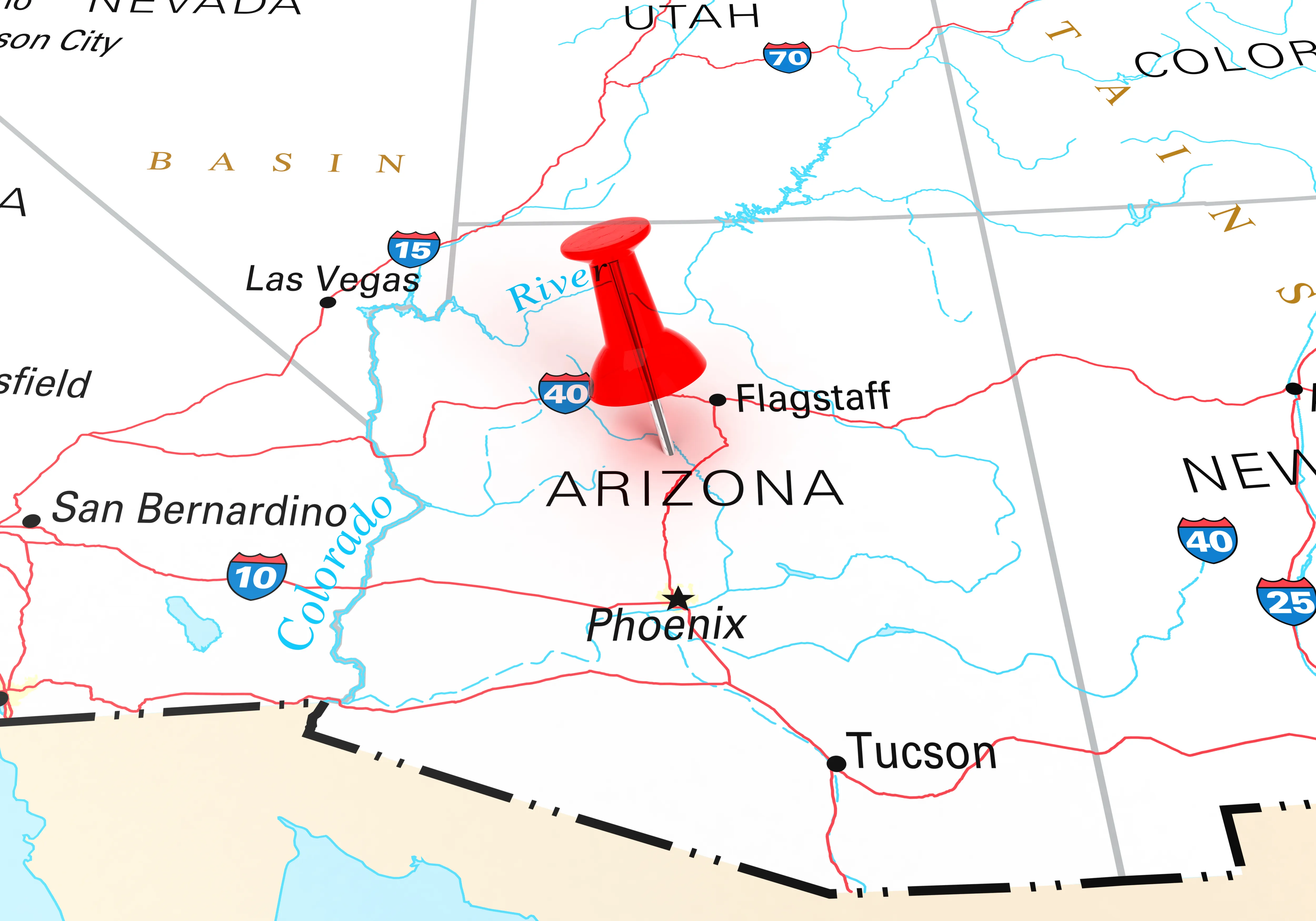
Closing care gaps, finding wellness tools for those with dementia
(Minnesota News Connection) This fall, a key federal agency is taking applications from providers who want to join a nationwide model to improve Alzheimer's care. Many people see it as a promising opportunity to reduce stress for patients and their caregivers.
Over the summer, the Centers for Medicare and Medicaid Services announced a new voluntary guide in hopes of establishing more coordinated care for individuals diagnosed with dementia.
Health systems will be incentivized with reimbursements to adopt the frameworks.
The Mayo Clinic's Associate in Neurology Angela Lunde said the broader care system for these patients is fragmented, sometimes leaving families in a holding pattern after receiving a diagnosis.
"There are resources that are available and out there for individuals," said Lunde, "and sometimes those resources are just not something that families are aware of."
Lunde said that contributes to poorer outcomes for some patients, including frequent emergency room visits.
She said it's promising to see the federal effort, along with more focus from health-care systems such as Mayo, to streamline dementia care.
Improving the quality of life for patients and caregivers will be covered at a "Brain Health" conference hosted by Mayo and AARP on November 4 in Rochester, Minnesota.
Ramsey, Minnesota, resident Kanada Yazbek has early dementia and will speak at the conference. The condition runs deep in her family's history and she said they've encountered care obstacles at various times.
But she said she feels there's been progress in making patients and their loved ones feel like they're not alone.
"It took us a long time as a society, I think, to get here - to where we are having conversations about it," said Yazbek. "You know, when my grandma was first diagnosed, we used to say it's like everybody would whisper about the disease."
With these conversations now more out in the open, efforts such as the emerging federal-care model will emphasize trying to keep patients in their homes and communities.
And the upcoming conference will include information about things like art and music as a form of wellness care for those living with a diagnosis.
There is a fee for the November event, but it is open to the public. It also will be livestreamed.
















